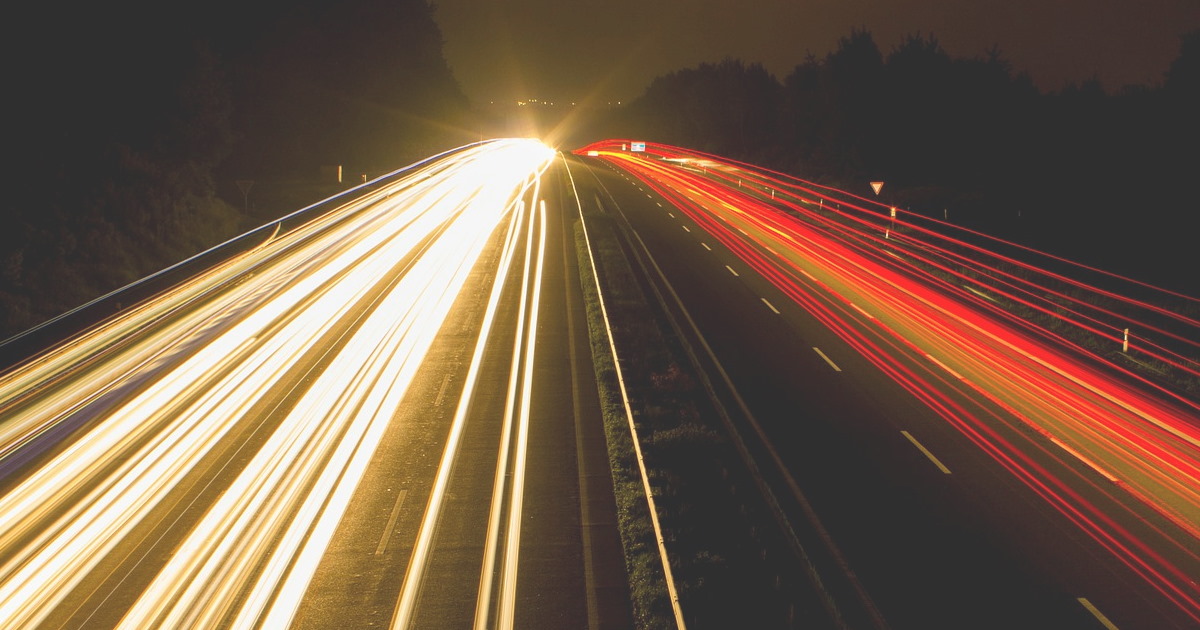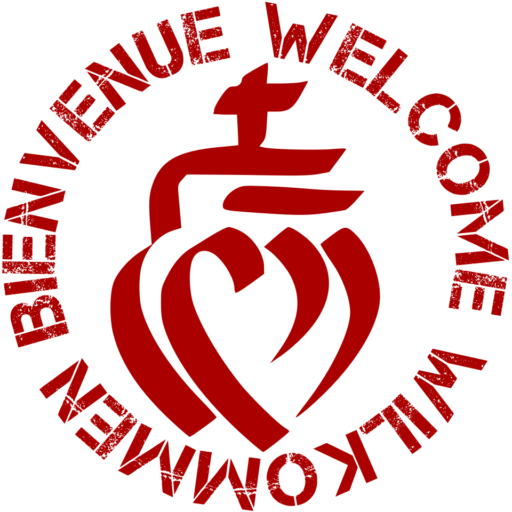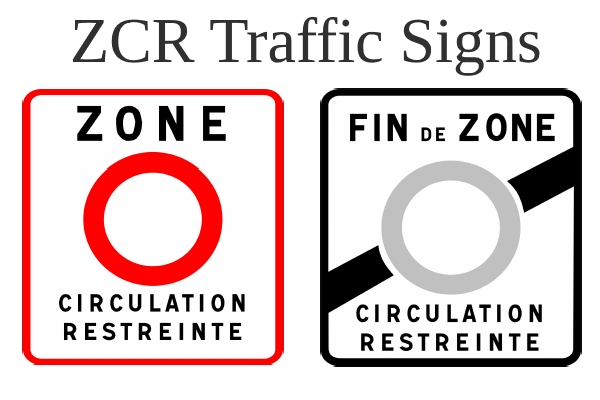
The days to avoid driving in France summer 2022
The traffic info below shows the summer 2022 weekend days by codes orange, red & black.
|
In Southern Directions
Fridays and Saturdays from June 25 through 13 August 2022 Orange or red on all routes ***Black Saturdays*** 30th July and 6th August 2022 everywhere Saturdays 9th, 16th, 23th July 2022 Red on all routes Saturday 6th August 2022 Red on all routes  |
In Northern Directions Friday - Saturday from July 8th to August 27th 2022 orange or red all routes Weekend 29th - 30th July 2022 orange all routes Saturday 6th August 2022 red all routes Weekend Friday 12th August through Monday 15th August 2022 orange everywhere BUT red in direction Rhone valley - Languedoc Friday 19th, Sunday 21st. and Monday 22nd August 2022 orange everywhere Saturday 20th August 2022 red on all routes Friday 26th August and Sunday 28th August 2022 orange everywhere Saturday 27th August 2022 red on all routes (last three weekends of August are the worst going north) |
|||
real time traffic info
The following websites can be consulted for real time traffic info:
**https://www.autoroutes.fr/en/Realtime-traffic-information.htm
**https://www.viamichelin.com/web/Traffic/Traffic_info-France
**https://www.vinci-autoroutes.com/fr/autoroutes-temps-reel
**https://www.sanef.com/en/my-journey/real-time-traffic
**RADIO (FRENCH) Autoroute INFO FM 107.7
Covid-19 preparedness
- Petrol stations are requiring masks, typically indicated on pumps and doors.
- Stock masks, gloves & hand sanitizer in the car.
What to expect about the infamous "black weekends" in France?
It is not recommended to travel through France on the so called black weekends. Saturdays are busy travel days throughout the summer months. At peak times, it is not unusual for there to be hundreds of kilometers of traffic jams which can leave travelers stuck in place for hours.
On any of the projected peak days, the ring around Lille as well as the Paris Périphérique (the ring around Paris - in south-east and south-west directions) as well as the routes Calais-Rouen-Le-Mans and Paris-Bordeaux-Spain are always busy, but Black Saturdays are uber-infamous on French motorways.
Keep in mind that when travelling long distances it's important to have ample food and water in the car anyway; in scorching temperatures even more! Also remember entertainment for the children.
It may be tempting, but it is not recommended to drive at night as fatigue plays a deadly role in France's accident statistics. The best days to travel during the summer period have proved to be Thursdays and Sundays.
Road Travel Preparedness
- Water (2 liters per family member at least, more in a heatwave)
- Avoid alcohol
- Sandwiches, salads, fruit, nuts (in other words, healthy snacks)
- Cooler with ice-packs
- Sunglasses and sunscreen SPF 50
- Wear loose clothing
- Full tank (petrol stations are few and far between on the French motor ways!!) For the sake of fuel economy:
- keep car temperature steady
- use cruise control
- drive 10 km/hr under the speed limit
- Light blankets/ pillows
- Limit screen-time (extending battery use) - have non-tech entertainment on hand as well.
- Stay in touch with loved ones (NOT while driving)
- If the Toll routes are your choice, you might consider obtaining the automated box to attach to the windshield (behind the rear-view mirror). Cash or credit cards are also accepted but look closely before selecting a toll booth. Traffic jams are often caused by drivers having to reverse out of a toll booth (which in heavy traffic is a veritable nightmare for everybody!) By the way, we recommend the toll routes. For sure the expense will need to be a part of the overall travel budget, but they are smooth, therefor gentle on the wear and tear of the car, and have less traffic most of the time, and smooth sailing = petrol conservation.
- Handy websites to help prepare your driving holiday in France:
- https://www.bison-fute.gouv.fr/index,langen.html (available French, English, Spanish)
- Toll and petrol calculator: https://www.autoroutes.fr/index.htm?lang=en (French and English)
About pollution
Increased traffic brings increased pollution but again, this may all be different in 2020. Travel increases our carbon footprint significantly in a short period of time. We'd like to remind you that in an effort to reduce the horrible effects of smog, especially around certain areas, France has implemented environmental zones and Air Quality Certificates. This applies to locals as well as tourists.
What is the CRIT'AIR or Air Quality certificate and do you need it?
In France, two different types of environmental zones (soon to be three) have been introduced in order to reduce pollutants caused by the road traffic, and to improve air quality. A registration certificate can be obtained here in the form of a round sticker issued to easily help identify a vehicle's environmental class by colour, based on air pollutant emissions. There are six colours. While the certification isn't mandatory everywhere, it is mandatory in certain predetermined areas. The zones are defined as:
- ZCR or "zones à circulation restreinte" (traffic restriction zones). Examples are Lille, Lyon, Paris, Strasbourg and Toulouse. Such zones are often implemented in city centers to remove polluting vehicles from dense traffic areas. Cars registered before 1 January 1997 (for motorcycles, before 1 June 2000) can't be certified and are banned. The ZCR zone represents a permanent restriction.
- ZPA or "zones de protection de l’air" (air protection zones) are activated in case of high air pollution and bad weather, and therefor they are not permanent. They can cover anything from a metropolitan area, to a specific geographical zone. The limits of each environmental zone are defined in advance and ZPA restrictions are temporary and can include
- top speed reduced by 20km/hr
- banning of cars without a Crit’Air badge (circulation différentiée)
- restrictions based on odd or even registration number
- From July 1, 2019 Paris will be first in adding yet another zone, a "low-emissions zone" (ZFE) in addition to the ZCR and ZPA zones. It is expected that Lyon, Reims, Strasbourg, Nice and Montpellier will follow before 31 December 2020. The ZFE will apply to unclassified vehicles and Crit'Air 5 i.e. 2 Wheels, Tricycles and Motor Quadricycles Prior to June 1, 2000; diesel cars and light commercial vehicles prior to January 1, 2001; petrol/gasoline cars prior to January 1, 1997; gasoline light commercial vehicles prior to October 1, 1997; trucks/ lorries, buses and diesel coaches prior to October 1, 2006; trucks/lorries, buses and gasoline coaches prior to October 1, 2001.
The cost of obtaining a certificate (sticker) for your car is quite low (under 8 Euro including postage fees). We recommend being safe rather than sorry by applying for your sticker before travelling to France. In the near future, more cities will introduce environmental zones. Avignon, Bordeaux, Cannes, Clermont-Ferrand, Montpellier and Rouen are on the list, as is La-Roche-sur-Yon. When you encounter these signs in any city center, it is best to heed them. Fines start at €68. Be prepared with the Green Zones App. Check the website here.
Due to its weather conditions and position as a main travel route south, the Vendée is located in pre-determined green zone (encompassing the entire department) where a number of temporary measures may be implemented at times of increased pollution. More about the Vendée Environmental Zone here!

